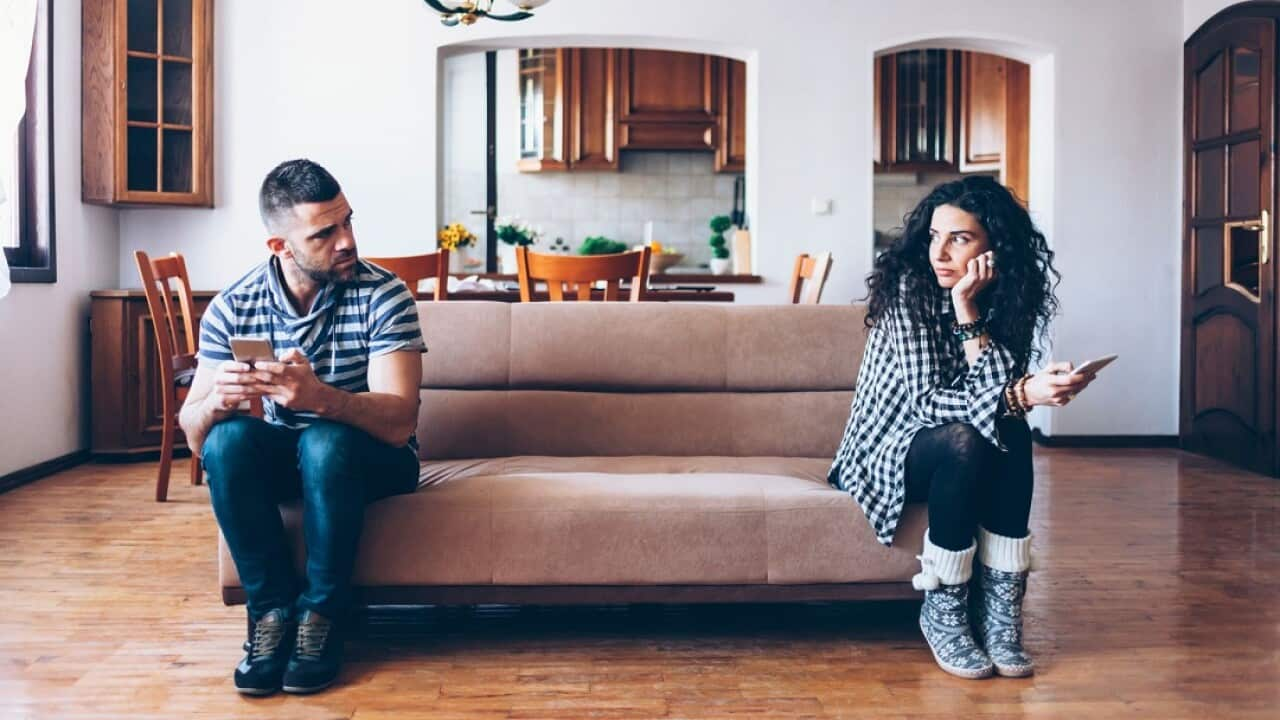Lena Isho is a social worker at NSW Service for the Treatment and Rehabilitation of Torture and Trauma Survivors (STARTTS). Firstly she talks about Youth week 1-9 April and about activities during the week, But unfortunately and like many other cancelled gatherings, this year's youth week activities have been cancelled. Lina also talks about youth mental health which is another important issue specially now as youth are sitting at home for a long period. This is creating frustration and anger among many young people and sometimes this frustration is reflected at home.
She suggests people have to think differently and think positively in regards to the news about the casualties from COVID-19. She says when we talk, specially with children, we should say how many people have survived the pandemic instead of how many have died.
she also encourages young people to eat healthy and minimise the use of their mobile phone specially before going to sleep by at least one hour.




